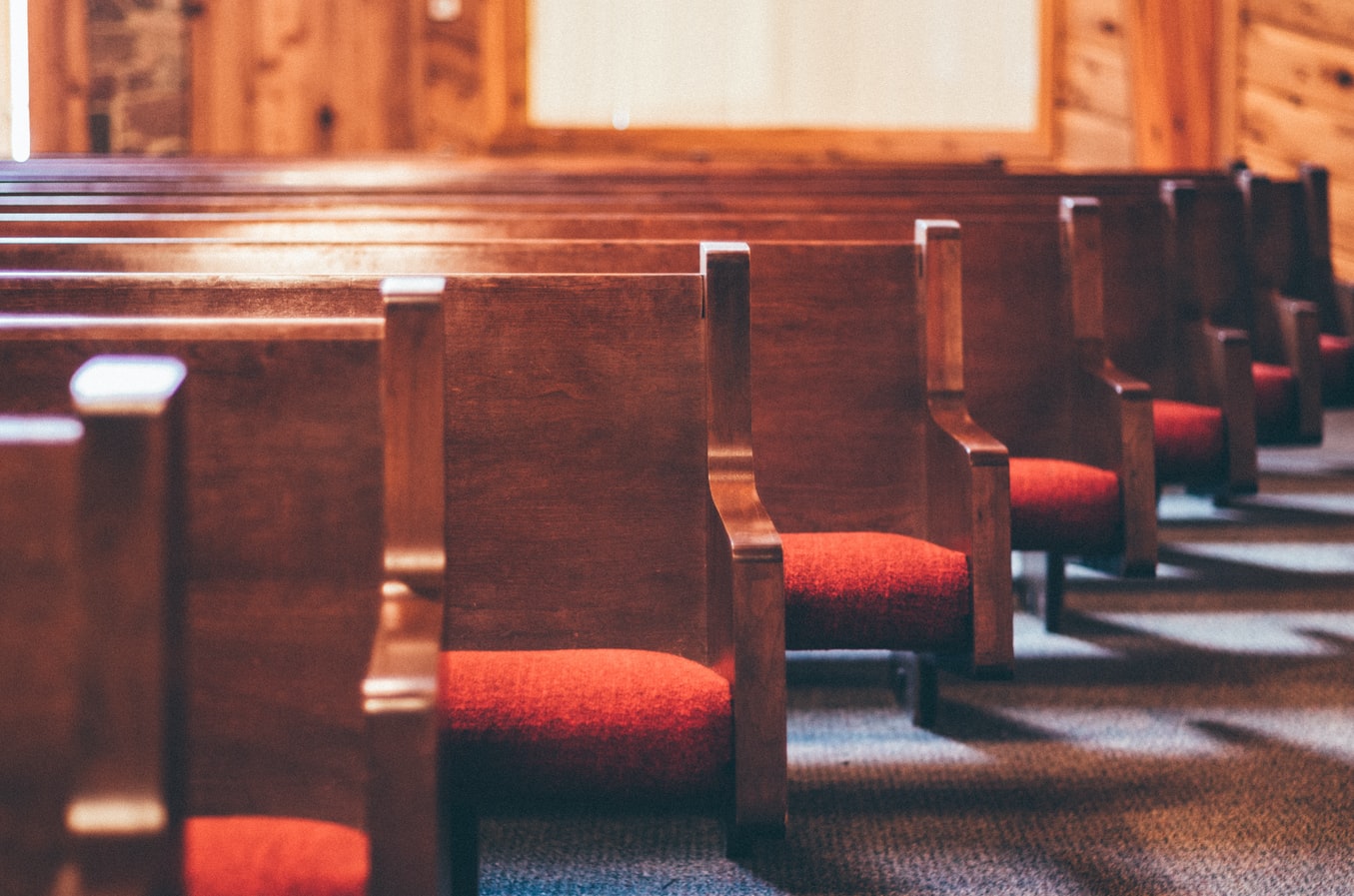Lessons in a Barbershop

As I entered a barbershop that was new to me, a bench in the waiting area caught my attention. It was a church pew! The beautiful crosses carved on the ends of the pew made me wonder, "What is this doing here?" I have heard about church services being held in barbershops, and I wished I could have been walking into one of those that day.
But, no, the pew had become just a dispensable piece of furniture from some church and had found a new place of usefulness in that barbershop. For a moment I found myself thinking that a congregation, a discipleship class, or a Bible study group somewhere in the world could have made better use of that pew.
Church pews that were once useful for worship have gravitated to various settings. A European antiques shop advertises that it has a "constantly changing stock of pre-war church furnishings." People sometimes keep pews or parts of an altar for sentimental reasons"reminders of their own conversion, ordination, or the ministry of a family member. Finding pews in unexpected places adds to my ponderings about the time we spend in the house of the Lord
The Protestant Reformation of the 16th century, with its emphasis on preaching the Word as a central act of worship, introduced the use of permanently-installed pews in churches. In those days believers set aside a significant amount of their time to worship God, thus a place to sit and listen became a necessity. And praise God, it still is! However, we do not seem to be able to allocate enough of our time for listening to the preaching of the Word of God. In some places, if a preacher goes beyond the time scheduled for the sermon, worshipers begin to leave.
It is not only when the preacher speaks that we expect to hear the Word of God. If we are worshiping him, we should be absorbing the Word throughout the service because we cannot worship God without also listening to him. Today we often stand to participate in worship. Is it not beautiful that we stand to praise and worship the Lord of Lords? Standing is a great form and expression of what is happening in our hearts.
But worship is more than the form we use. It is our response to God's Word, his holiness, and his lordship; it is our decisive submission and service.
Psalm 96:9 instructs us to "Worship the Lord in the splendor of his holiness." When the spirit with which we worship God is a response to his holiness, the form or expression of such worship is also a response to him. H. Orton Wiley is quoted in the book Architects of the Enduring as speaking of the centrality of worship in the life of the church, saying, that "ritualism, however reverent and beautiful, easily tends to become formal, while unritualistic services easily degenerate into meetings for instruction or entertainment."
I believe that the Spirit of God takes care of the balance between the formal and the informal by convicting us when he would not approve of any particular expression. Whether we are sitting in a pew, standing in a well-furnished church, or even waiting in a barbershop, the obedience that we express in worship will result in sinners being attracted to him because the worship that he approves exalts his name.
More comfortable pews have often taken the place of the plain wooden variety, and pews have sometimes been replaced by chairs that are easy to move around in multipurpose facilities. This is certainly one explanation for finding an old church pew in a barbershop.
The change in form of worship that is reflected in our seating arrangements is not a matter of concern. Nor is the desire for a little more comfort. The concern is how much of what God gives us we are giving back to him and whether we still believe that he is pleased.
Eugénio R. Duarte is general superintendent in the Church of the Nazarene.
Holiness Today, July/August 2012
Please note: This article was originally published in 2012. All facts, figures, and titles were accurate to the best of our knowledge at that time but may have since changed.




